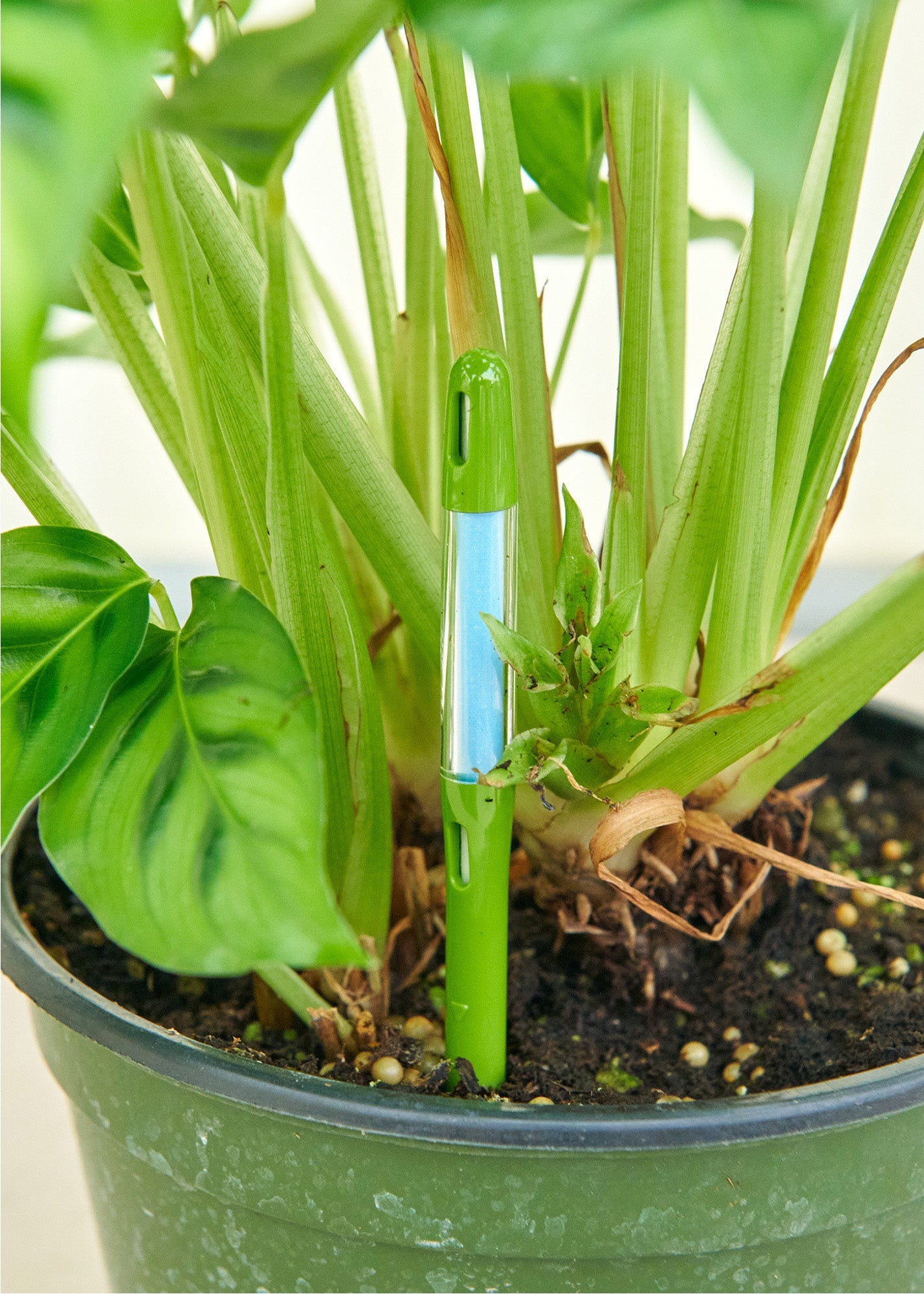The Ultimate Guide to Picking the Right Moisture Meter for Your Requirements
The Ultimate Guide to Picking the Right Moisture Meter for Your Requirements
Blog Article
The Ultimate Overview to Dampness Meters: A Comprehensive Introduction and Exactly How They Can Save You Cash
Moisture meters serve as important tools in detecting and checking moisture content in materials, aiding in avoiding expensive damages and making certain the quality of products. Understanding the subtleties of different kinds of wetness meters, their applications, and the prospective cost-saving benefits they provide can be a game-changer for services and specialists alike.
Kinds of Dampness Meters
Various kinds of wetness meters are readily available for various applications in numerous sectors. One common type is the pin-type moisture meter, which gauges the electrical resistance in between 2 pins placed into a product. This type is appropriate for timber, drywall, and other structure materials. Pinless dampness meters, on the other hand, use electro-magnetic sensor plates to scan a bigger location without creating damage to the product's surface area. Moisture Meter. These meters are excellent for rapidly examining wetness degrees in big locations such as walls and floorings.

Furthermore, there are additionally specialty wetness meters made for specific products like hay, grain, or dirt. These meters give precise wetness readings tailored to the special buildings of the product being checked. Infrared moisture meters determine the thermal residential properties of a product to identify its dampness web content non-invasively, making them helpful for applications where pin or pinless meters might not appropriate. Understanding the different kinds of dampness meters offered can assist markets pick the most suitable device for their particular dampness dimension demands.

Advantages of Utilizing Moisture Meters
Wetness meters provide important advantages in precisely checking and evaluating moisture degrees in varied products and environments (Moisture Meter). Among the primary benefits of utilizing moisture meters is the prevention of prospective damage triggered by excess dampness. By identifying and resolving high wetness degrees beforehand, wetness meters help to avoid mold and mildew development, rot, and structural damage in structures, conserving both money and time on fixings. Additionally, dampness meters aid in guaranteeing the quality of products throughout building and construction or production processes. By precisely determining dampness material, these tools help maintain the honesty of timber, drywall, concrete, and other materials, minimizing the danger of failings or problems.
Additionally, using moisture meters can lead to raised power effectiveness. In agricultural setups, dampness meters play a critical role in enhancing crop returns by making it possible for farmers to monitor dirt moisture degrees and make informed watering decisions.
Just How to Select the Right Dampness Meter
When picking a dampness meter, it's necessary to make sure that the meter is appropriate for the certain product you will be screening. Different products have differing electrical residential properties that can impact moisture analyses, so selecting Web Site a meter created for your material is critical for precise outcomes. By very carefully official website reviewing these aspects, you can pick a wetness meter that satisfies your demands and supplies accurate dampness dimensions for your jobs.
Proper Techniques for Wetness Meter Use

Expense Cost Savings Via Wetness Meter Applications
Exactly how can the critical usage of moisture meters cause substantial cost financial savings throughout different industries? Dampness meters play an important duty in expense financial savings by stopping possible damages and ensuring high quality control in different fields. In the agriculture industry, wetness meters aid in establishing the ideal time for harvesting crops, preventing excess or over-drying dampness that can affect the last product's high quality. This precise tracking assists my sources farmers prevent unnecessary losses and optimize their yield.
Likewise, in building, moisture meters aid prevent expensive problems by discovering wetness degrees in building materials, such as wood or concrete, which can bring about structural issues otherwise resolved promptly. By identifying issue locations early, service providers can take rehabilitative procedures to stay clear of comprehensive repair work or substitutes, ultimately conserving time and cash.
Additionally, in the food processing industry, moisture meters are crucial for keeping an eye on item high quality and making certain compliance with safety regulations. By properly measuring moisture material in foodstuff, manufacturers can prevent spoilage, preserve quality, and lower waste, causing substantial expense savings. In general, the calculated application of moisture meters is an important investment that can result in substantial cost decreases and improved performance throughout various markets.
Conclusion
In final thought, moisture meters are beneficial devices for detecting and gauging dampness degrees in various products. By making use of the ideal dampness meter and adhering to appropriate techniques, users can successfully avoid expensive damages caused by excess dampness.
Moisture meters serve as crucial tools in detecting and checking moisture material in materials, helping in protecting against expensive problems and making certain the quality of products. Infrared wetness meters determine the thermal residential properties of a material to establish its wetness web content non-invasively, making them helpful for applications where pin or pinless meters might not be suitable.Dampness meters supply invaluable benefits in properly assessing and keeping track of wetness levels in varied products and settings. In farming settings, wetness meters play a vital role in optimizing crop yields by allowing farmers to keep track of dirt wetness levels and make educated irrigation choices.In conclusion, dampness meters are important tools for detecting and gauging dampness degrees in numerous materials.
Report this page